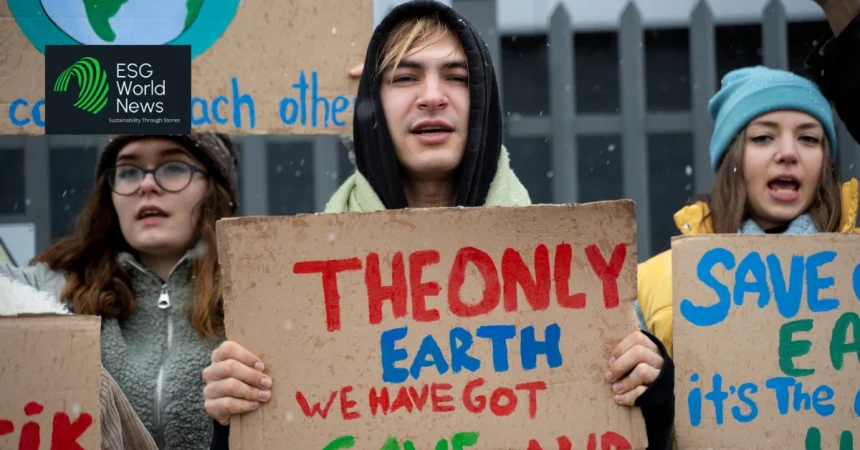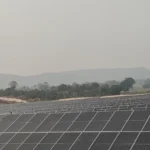The recent decision by President Donald Trump to withdraw the United States from the Paris Climate Accords has raised global concerns about the future of climate action. Experts warn that the absence of the U.S., a key player in climate negotiations, will significantly impact international funding targets and the collective fight against climate change.
Challenges for COP30 Negotiations
Andre Correa do Lago, the newly appointed President of COP30, has voiced apprehensions regarding the challenges ahead for the climate summit, set to take place in Belem, Brazil. In a recent interview, he remarked,
“Negotiations will likely be harder at COP30 compared to last year’s meetings, especially now that the United States is no longer engaged in policies to fight climate change.”
During COP29 in Baku, nearly 200 countries had come together to set an ambitious goal: tripling public climate finance for developing nations from $100 billion annually to $300 billion by 2035. According to the UNFCCC’s official draft, achieving this target was already challenging with U.S. participation, and the road ahead appears even more difficult without it.
Brazil’s Leadership Role at COP30
As the host of COP30, Brazil aims to use its leadership of the BRICS bloc to amplify the voices of developing nations. Brazil plans to unite BRICS countries, including India, China, Russia, and South Africa, to strengthen their negotiating position and push for stronger climate finance commitments from developed nations.
India’s Call for $1 Trillion in Climate Finance
At COP29, India emphasized the need for developed nations to provide at least $1 trillion annually in climate finance, as stated in the G20 New Delhi Declaration. This appeal reflects the growing vulnerabilities of developing countries to climate change, with disasters such as floods, landslides, and rising sea levels posing significant threats to their populations and economies.
Developing Nations Stand United
Developing nations remain resolute in their opposition to expanding the base of countries required to contribute to climate finance, a demand often made by wealthier nations. Instead, they continue to advocate for:
- Increased contributions from developed countries, which bear historical responsibility for climate change.
- A focus on addressing the adaptation and mitigation needs of vulnerable nations.
Brazil’s Vision for COP30
Despite the challenges, Brazil views the U.S. exit as an opportunity to amplify the priorities of developing nations. According to Andre Correa do Lago, Brazil intends to use its position as COP30 host to push for equitable solutions, ensuring that climate finance commitments align with the urgent needs of vulnerable countries.
Conclusion
As the world heads toward the COP30 climate summit, the withdrawal of the United States from the Paris Agreement underscores the importance of collaborative global efforts. With Brazil taking the lead, developing nations aim to reshape the narrative and demand greater accountability from wealthier countries. The road to achieving $300 billion in annual climate finance by 2035 may be steep, but the collective resolve of developing nations could be pivotal in steering the global climate agenda.












